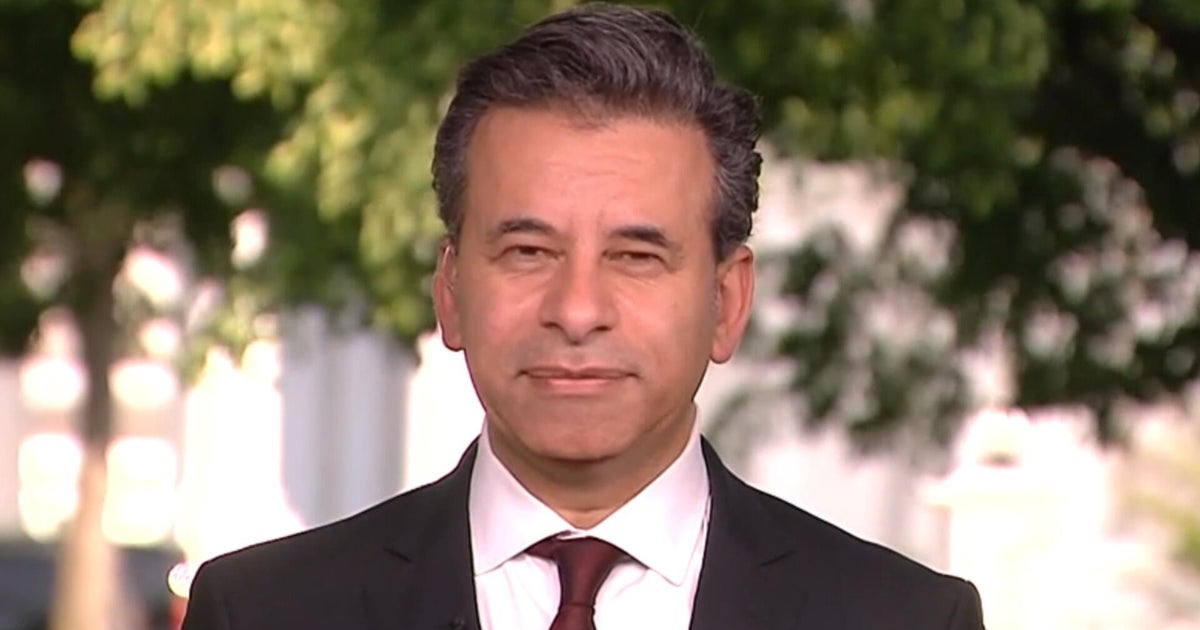FDA to Reevaluate COVID-19 Vaccine Boosters for Next Winter
The head of the Food and Drug Administration (FDA) announced that the agency will reassess whether to approve COVID-19 vaccine boosters for the next winter, citing a lack of data on booster shots. FDA Commissioner Dr. Marty Makary stated that the agency will examine the need for booster shots, considering the current level of immunity in the population.
Lack of Data on Booster Shots
Makary mentioned that many healthcare workers did not receive the last round of COVID-19 vaccine booster shots, which he described as "a bit of a public trust problem." He emphasized the need for reliable data to inform decisions on booster shots, rather than relying on opinions. The FDA commissioner stated, "I think there is an emptiness of data. And I think instead of being filled with opinions, I would like to see some good data."
Shift in FDA’s Approach
This announcement marks a change in the FDA’s approach, as the agency previously supported plans to update COVID-19 vaccines annually. Last year, the FDA provided guidelines for vaccine updates, and Moderna and Pfizer’s updated booster shots were approved in August. However, the agency is now taking a more cautious approach, seeking more data before making decisions on future booster shots.
Impact on Vaccine Development
The FDA’s new approach may impact vaccine development, as companies like Novavax are being asked to conduct additional clinical studies to demonstrate the effectiveness of their vaccines. Makary explained that the agency needs to know whether a vaccine is working today to recommend it. Several companies are being asked to conduct clinical studies to provide more information on their vaccines.
Criticism from Former FDA Officials
Former FDA officials have criticized the agency’s new leadership for intervening in vaccine decisions. In a recent comment, former officials Phil Krause and Luciana Borio urged the FDA to "stay on their normal processes" and avoid shifting standards and requirements for new data. They argued that this approach can delay access to important tools and undermine trust in the agency.

